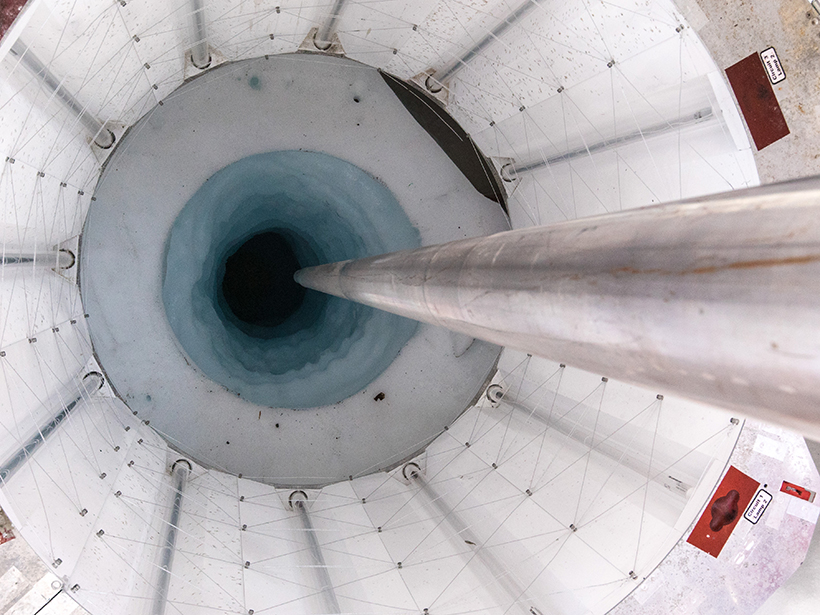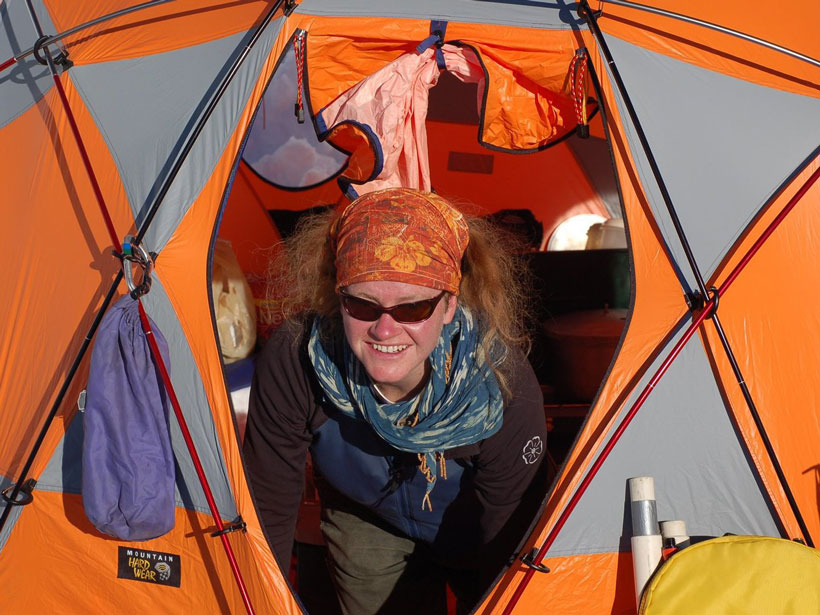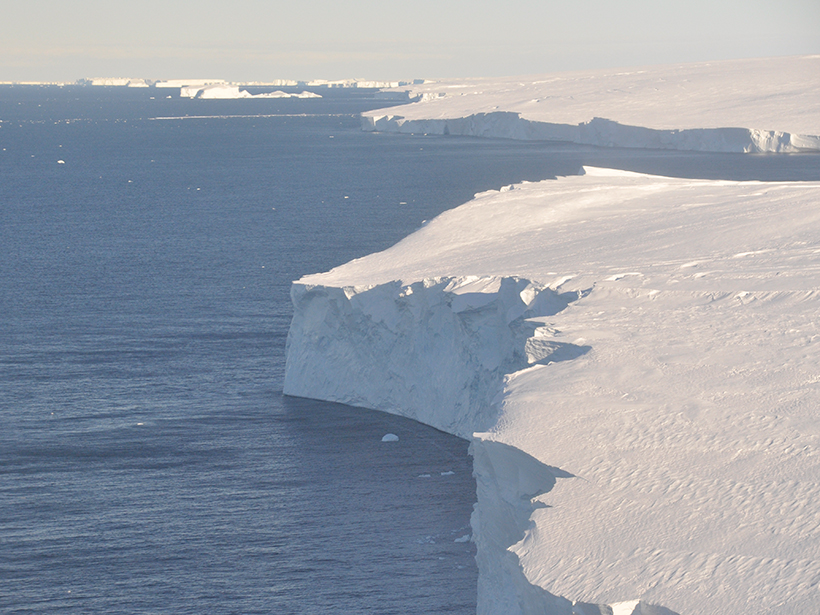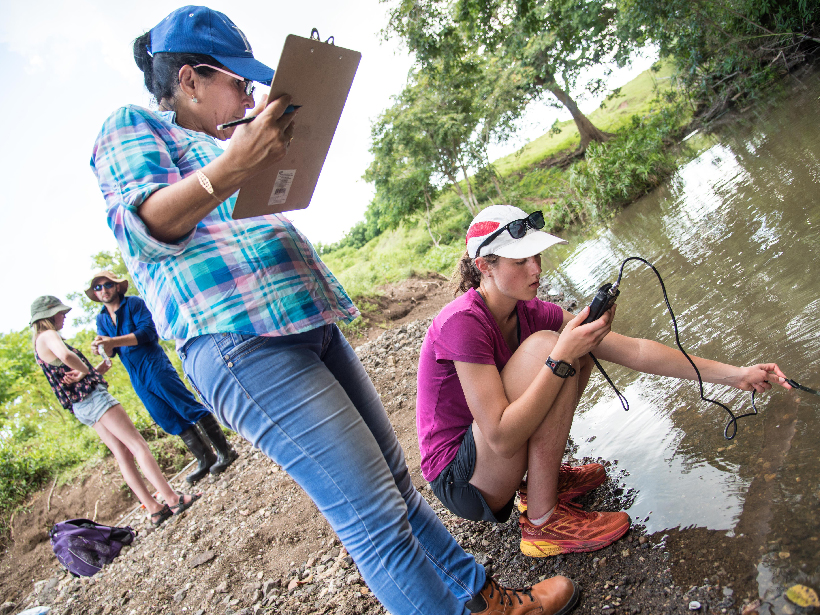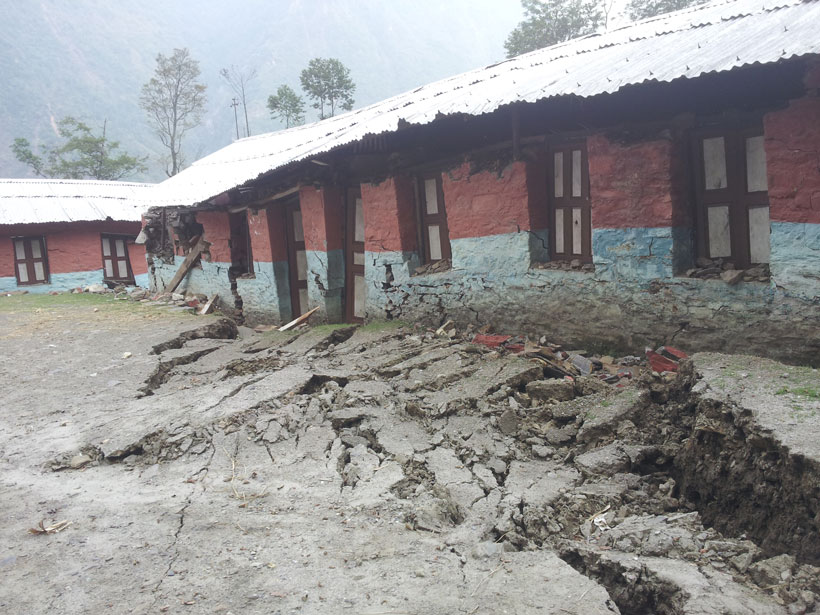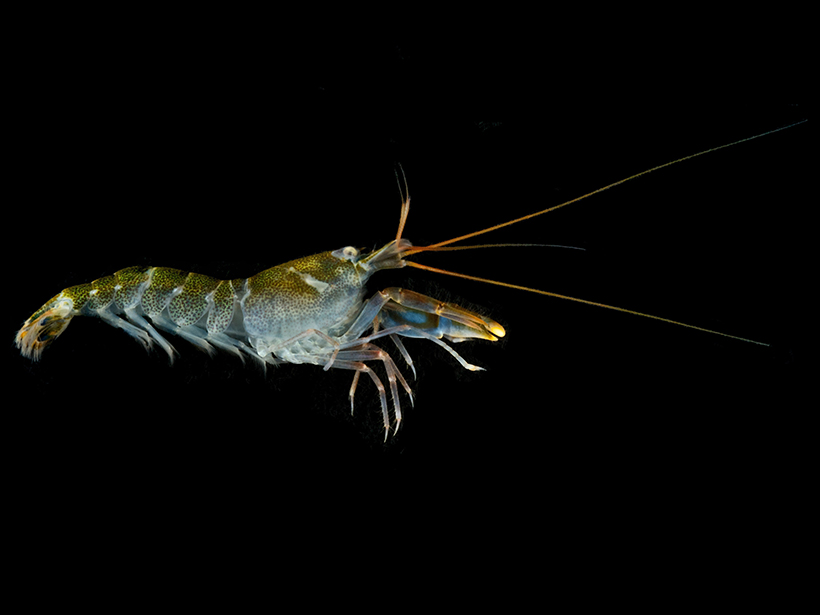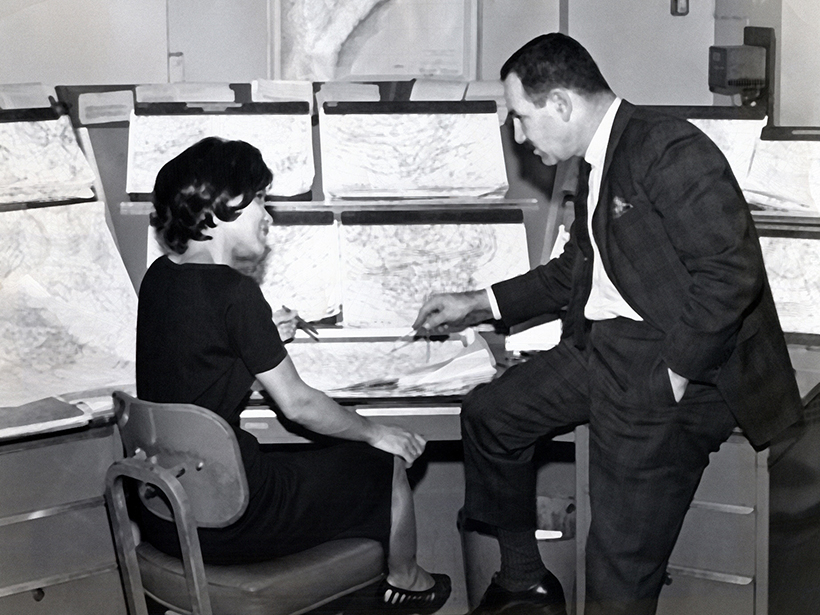Eight hundred meters below the West Antarctic Ice Sheet, microbes in subglacial Lake Whillans create organic carbon that helps power the Southern Ocean’s vast food chain.
Katherine Kornei
Katherine Kornei is a freelance science journalist covering Earth and space science. Her bylines frequently appear in Eos, Science, and The New York Times. Katherine holds a Ph.D. in astronomy from the University of California, Los Angeles.
Erin Pettit: Glaciologist, Artist, Mentor
Between research trips to Antarctica and the Arctic, Pettit regularly leads art- and science-focused wilderness expeditions for young women.
“Terremotos Glaciales” Vistos por Primera Vez en Thwaites
Estos eventos sísmicos, provocados por los icebergs que se vuelcan y chocan contra Thwaites, revelan que el glaciar ha perdido parte de su plataforma flotante de hielo.
Sustainable Agriculture Reflected in Cuba’s Water Quality
Water samples from 25 rivers in central Cuba are dominated by signs of rock weathering rather than fertilizer runoff, researchers working at Cuban and American institutions show.
Geodetic Data Pinpoint Earthquake-Prone Regions of the Himalayas
GPS measurements of the Indian and Eurasian plates reveal four locked segments most likely to produce large earthquakes.
Snapping Shrimp Pump Up the Volume in Warmer Water
As the ocean warms because of climate change, the louder din could mask other marine animals’ calls used to navigate, forage, and find mates.
The Ecological Costs of Removing California’s Offshore Oil Rigs
Offshore oil- and gas-drilling platforms are rich habitats for fish, and removing them completely would result in a loss of over 95% of fish biomass, new research has revealed.
June Bacon-Bercey: Pioneering Meteorologist and Passionate Supporter of Science
Bacon-Bercey redefined the role of the television meteorologist, blazing trails for African Americans and endowing an AGU scholarship for women studying atmospheric science.
“Glacial Earthquakes” Spotted for the First Time on Thwaites
These seismic events, triggered by icebergs capsizing and ramming into Thwaites, reveal that the glacier has lost some of its floating ice shelf.
Wine Grape Diversity Buffers Climate Change–Induced Losses
By mixing up which wine grape varieties are planted where, the wine industry can better ride out the effects of a warming climate, new research reveals.

